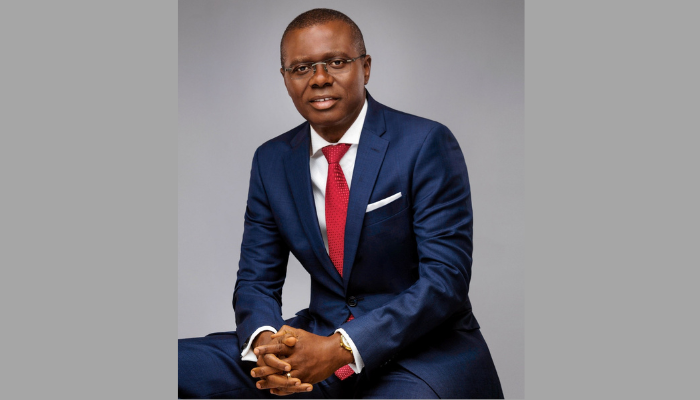FG, LASG collaborating to broaden human development strategies – Sanwo-Olu
Governor Babajide Olusola Sanwo-Olu says the Lagos State Government is collaborating with the Federal Government (FG) to weave migration management into broader human development strategies.
Sanwo-Olu stated this at the joint thematic meeting of the Rabat, Khartoum and Niamey processes on ‘enhancing prevention, protection and prosecution frameworks in combating migrant smuggling and trafficking in human beings along African and European routes.’
“Lagos is more than just a starting point or a destination; it is a hub of innovation. We are working to strengthen our institutions, enhance coordination with federal and international partners,” Sanwo-Olu stated.
According to the governor, the meeting underscores the significance of continental cooperation — Africa and Europe working hand in hand to safeguard the lives and futures of citizens.
Sanwo-Olu said the meeting will further strengthen Nigeria-Europe shared commitment against migrant smuggling and human trafficking, which he classified as two serious offences that put lives at risk, destabilise communities, and strip away human dignity.
Sanwo-Olu said Lagos was actively integrating preventive measures, victim support, and public awareness into its governance framework, in collaboration with the National Commission for Refugees, Migrants and Internally Displaced Persons (NCFRMI) and other relevant agencies.
“As the current chair of the Rabat Process, Nigeria is at the forefront of the Euro-African conversation on migration and development. By hosting this second thematic meeting in Lagos—a vibrant global city, a migration hub, and a testament to African resilience—we are showing our commitment to lead by example.”
Nentawe Yilwatda, the Minister of Humanitarian Affairs and Poverty Reduction, said in his opening remarks that the patterns of smuggling and trafficking are evolving across Africa and along key migration routes.
According to him, smugglers and traffickers are exploiting new technologies, weak governance structures, and human vulnerabilities. “The lines between both crimes have become blurred, trapping thousands of people in cycles of exploitation and abuse.”
The minister disclosed that Nigeria receives over 150 returnees from North Africa weekly, most of whom were intercepted on irregular routes to Europe through the National Commission for Refugees, Migrants and Internally Displaced Persons (NCFRMI).
“Many among them have been victims of smuggling and trafficking. Their stories are not abstract statistics; they are stories of survival, courage, and hope,” Yilwatda stated.
He stated that Nigeria is working closely with the International Organisation for Migration (IOM), the United Nations High Commissioner for Refugees (UNHCR), and our other international partners to strengthen coordination of return and reintegration efforts.
“Together, we have supported thousands of Nigerian migrants through dignified return, medical and psychosocial care, vocational skills training, and the provision of start-up grants and equipment to help them rebuild their lives,” Yilwatda stated.

